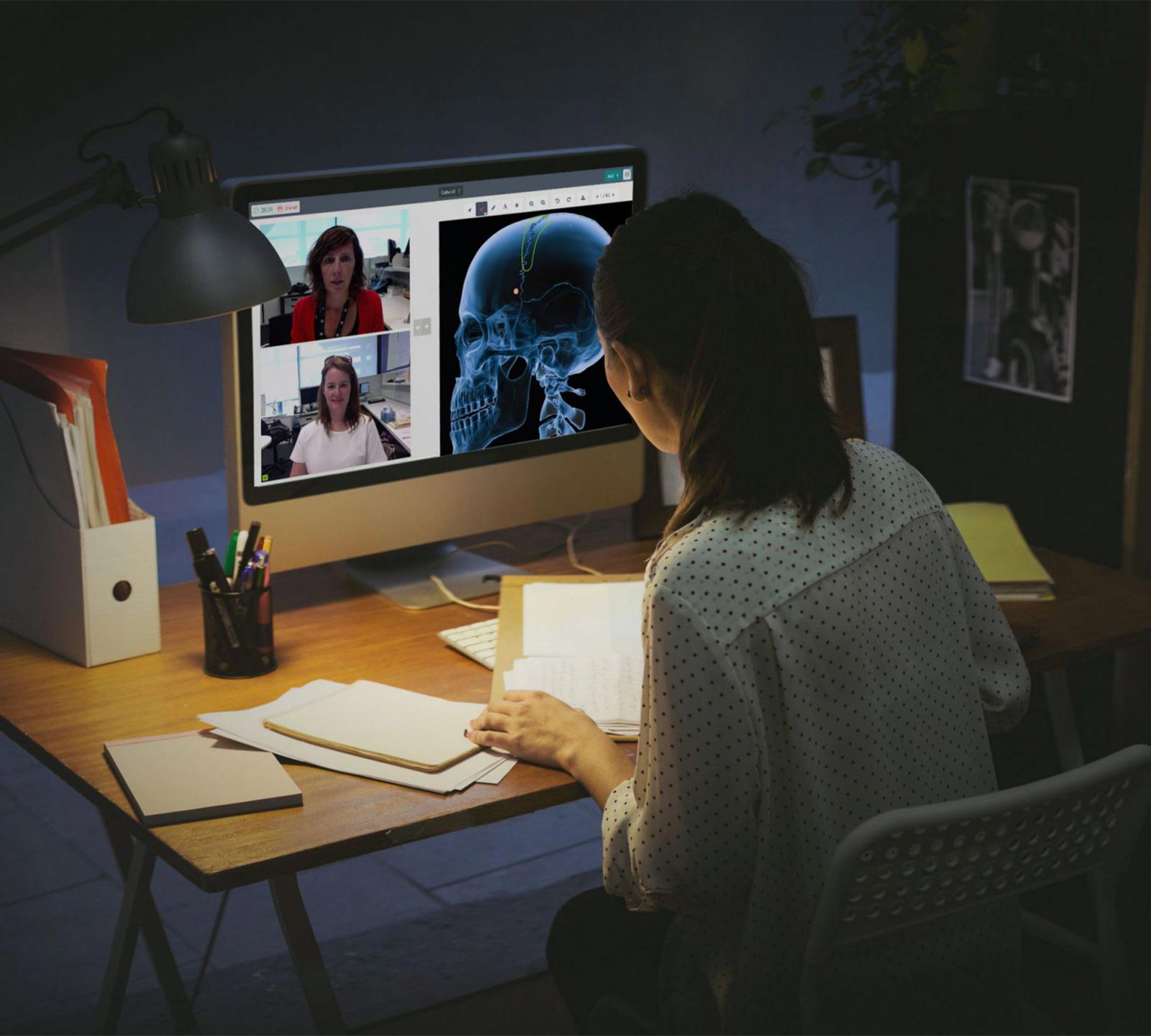In its highly anticipated final report, Care, Dignity and Respect, the Royal Commission into Aged Care Quality and Safety called for fundamental reform of the aged care system.
In many ways, we didn’t need a Royal Commission into aged care to know that the system is in dire need of support, but nonetheless, it thrust the sector into the national spotlight.
Dr Ronald Dendere from the Centre for Health Services Research (CHSR) at the University of Queensland is one of the many talented researchers who has been brought into the room to help make these much-needed fixes.
Trained as a biomedical engineer at the University of Cape Town in South Africa, Ronald has always had a passion for medical and health informatics and is now applying his digital nous to addressing some of the problems his aged care colleagues have been grappling with for years.
“I was very keen to collaborate on informatics-oriented aged care projects. By 2019, I had submitted two proposals for projects leaning toward dementia care. So, when Professor Len Gray, then director of the CHSR, invited me to a meeting with the DHCRC to discuss a digital health aged care data project, I jumped at the opportunity.”
This was right at the time when the interim report of the Royal Commission into Aged Care Quality and Safety had been released, and Ronald could see that the problems at the centre of the Aged Care Data Compare project were urgent.
“The Australian aged care system generates a huge amount of data. However, the use of this data is uncoordinated and unsystematic. The industry does not have a standardised approach for collection of day-to-day care data. This causes several problems such as duplicate data collection and the inability to share data among healthcare teams.”
The Aged Care Data Compare project aims to demonstrate that standardised data can be effectively used to help monitor care quality. Ronald and the team, led by the aforementioned Professor Len Gray, are also in the final stages of developing a data hub to allow provider organisations to share data and undertake benchmarking.
“The project is developing a data standard using Fast Healthcare Interoperability Resources (FHIR) for collecting and exchanging aged care data. The project is also building a data hub that will utilise the FHIR standard to ingest data from several aged care providers in a standardised format. The data hub will have a benchmarking platform where providers can compare their care quality with that of their peers using a set of indicators, demonstrating one of the key benefits of standardised aged care data.”
Ronald is excited to be lending his digital health expertise to aged care. Traditionally, the sector has lagged when it comes to adopting innovative technologies, but projects like this are helping it catch up.
While the sector may still be in the preliminary stages of its digital maturity, demographics are changing. As patients, workers and consumers become more technologically savvy, collaboration and co-design of digital health solutions becomes easier. This, coupled with the work that the Royal Commission has done in putting the health of Australia’s elderly at the front of our minds, opens a whole new world of digital possibilities for the sector.
Find out more about the project
The Aged Care Data Compare project led by Prof Len Gray is a DHCRC project focused on improving the data sharing capacity within the aged care sector. Find out more…

